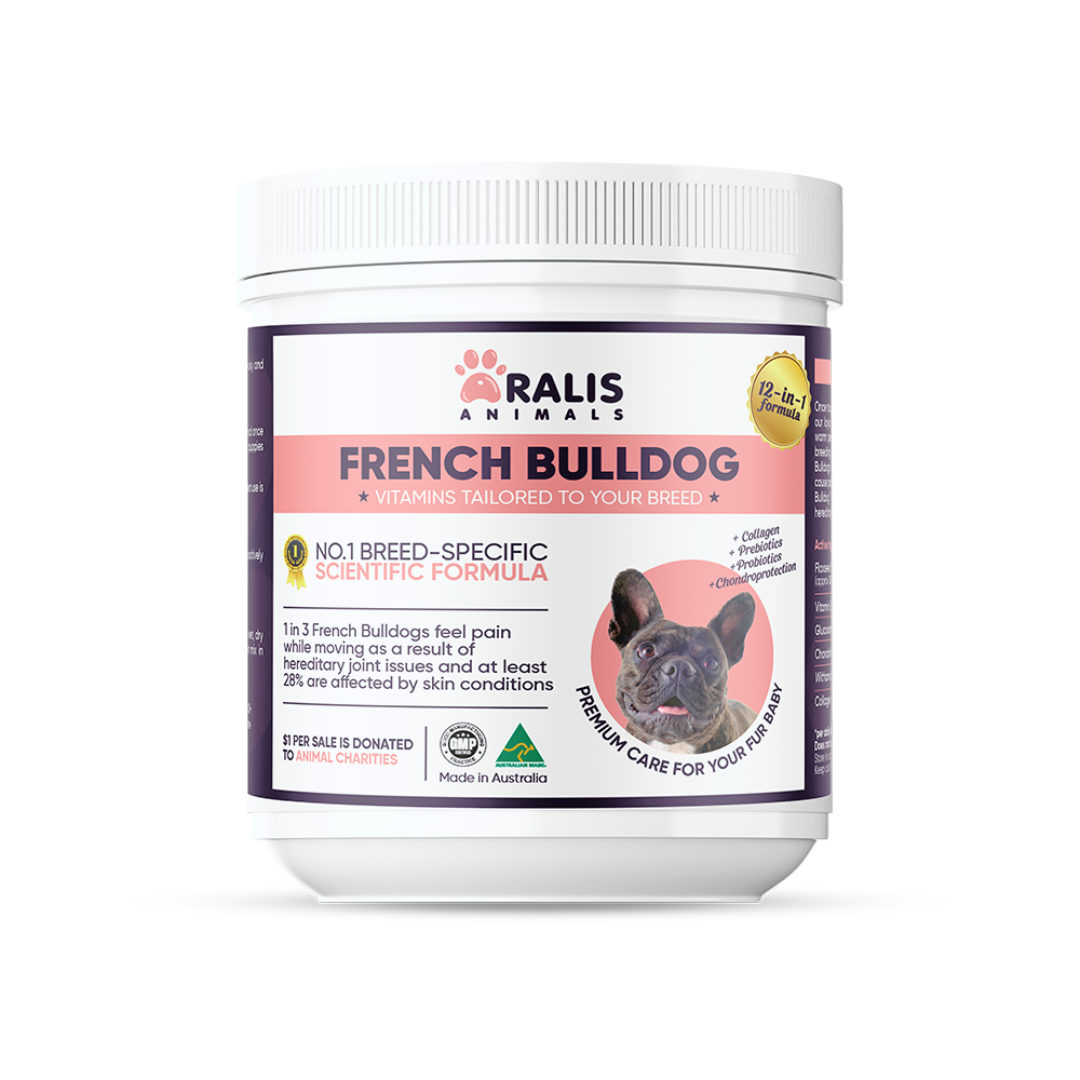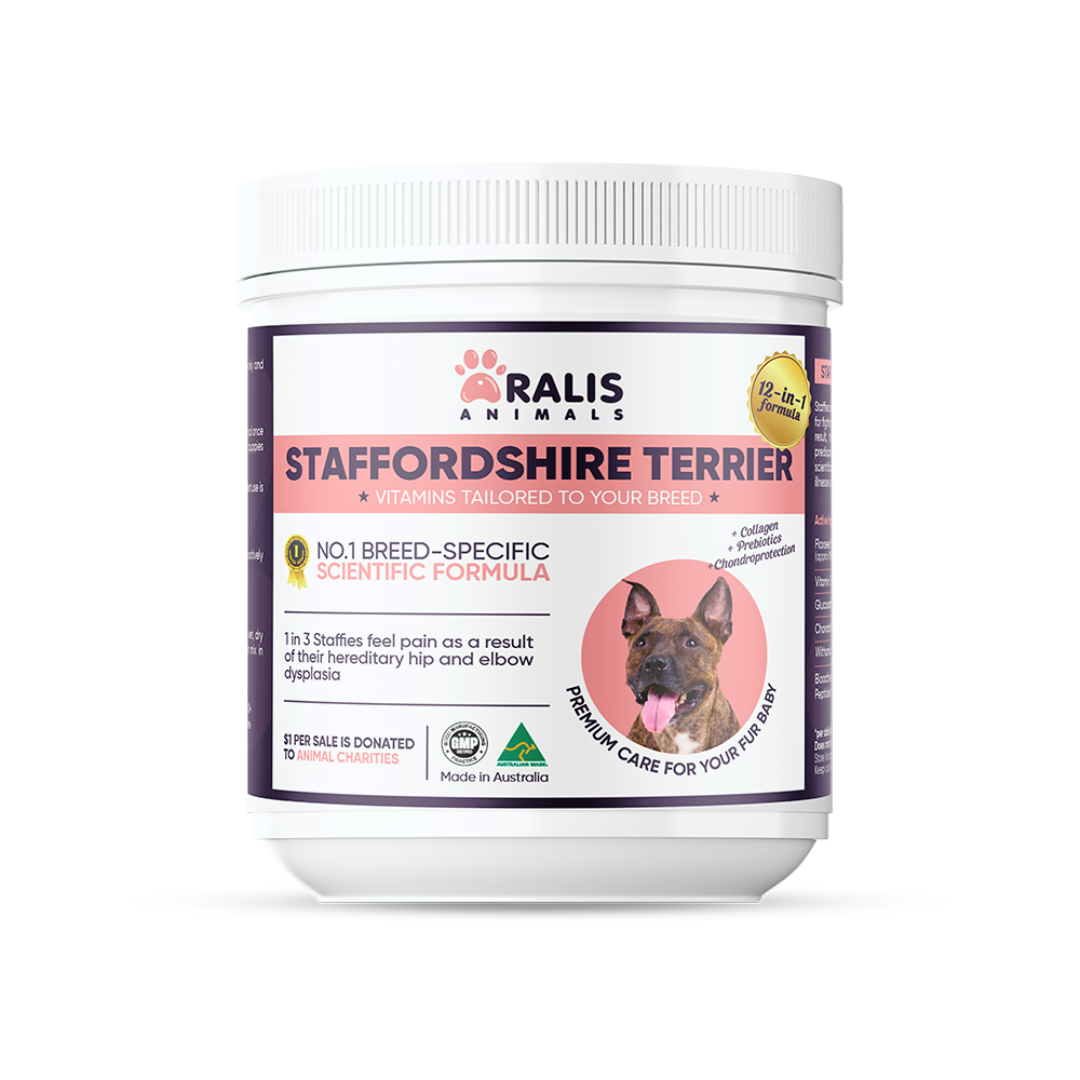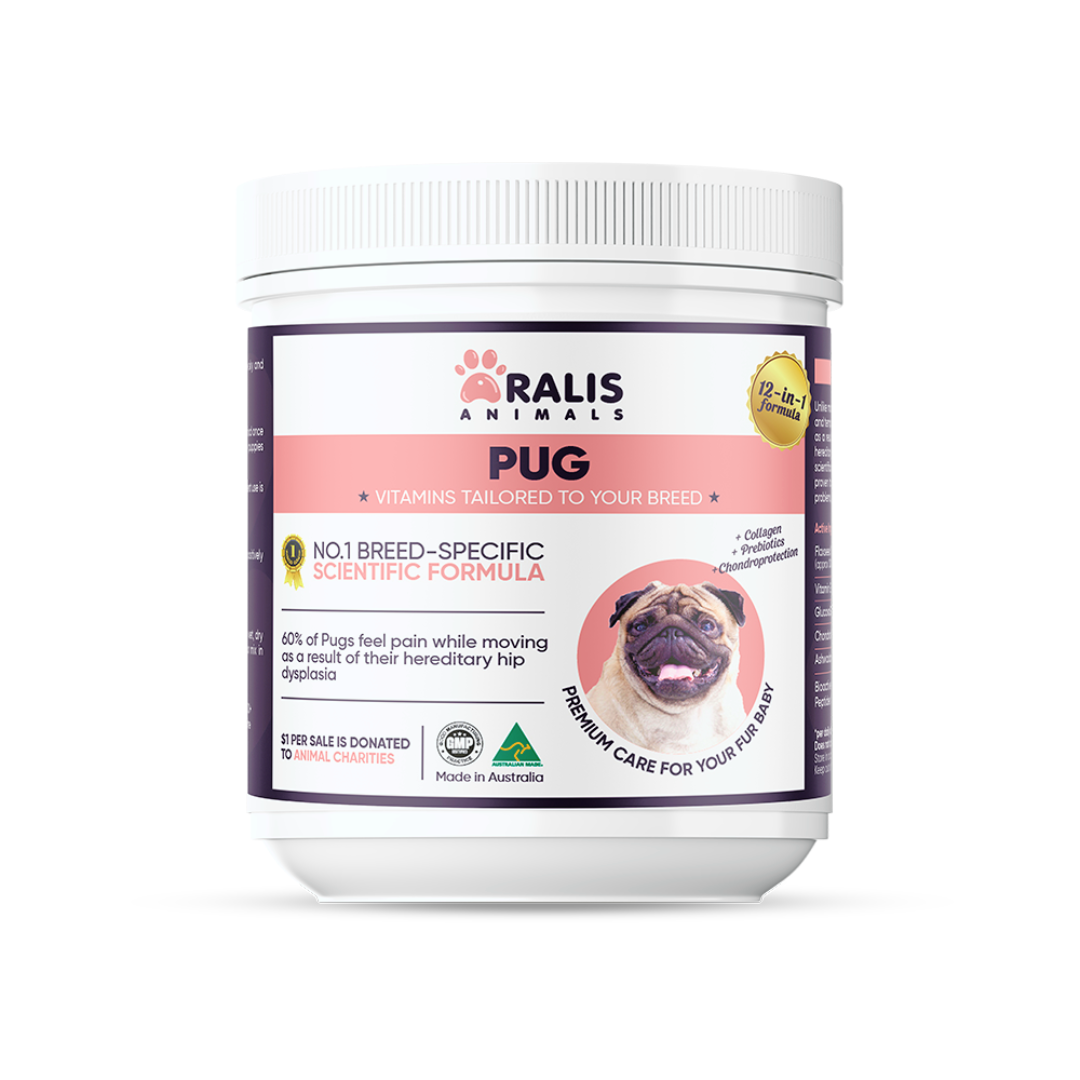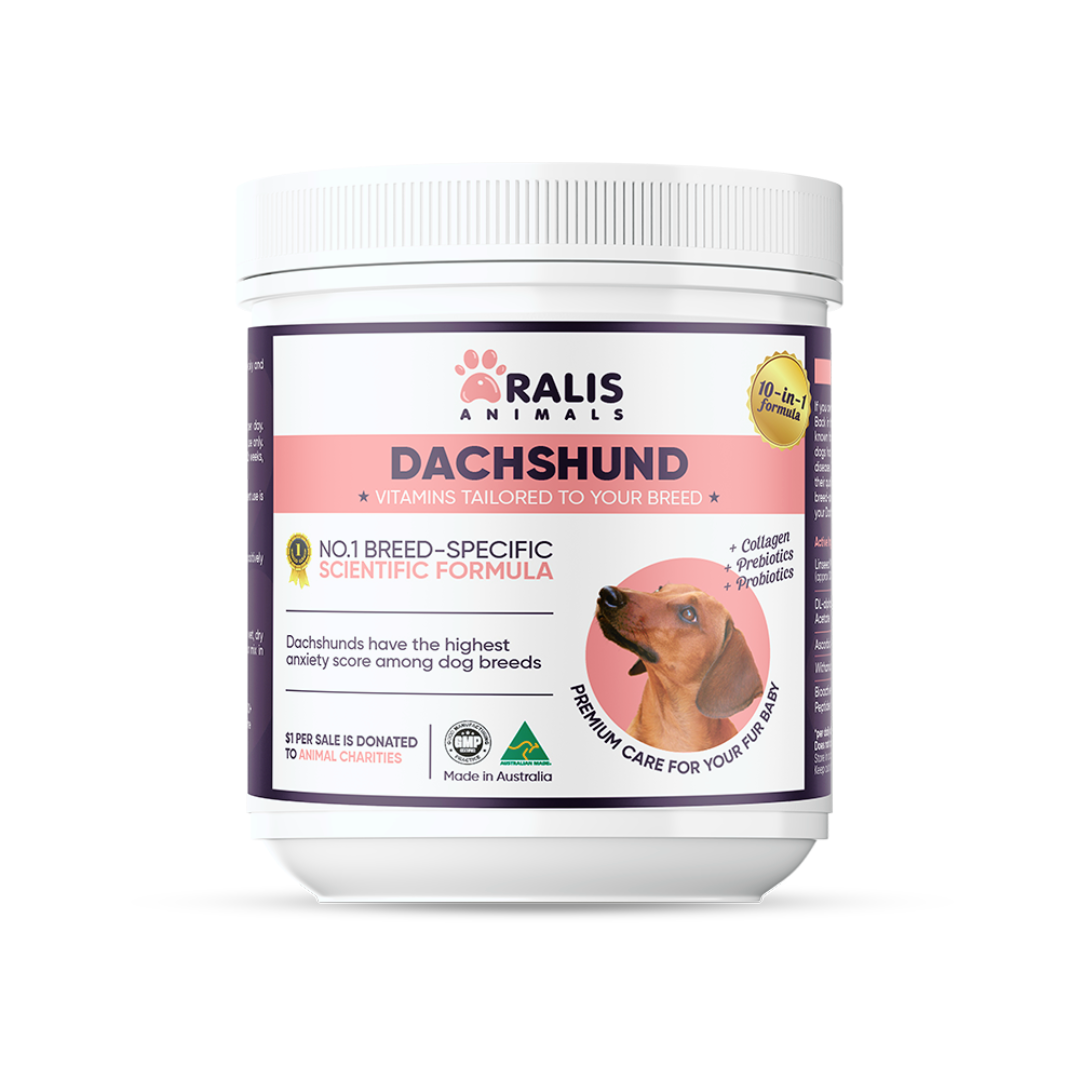Why Your Dog's Gas, Anxiety and Itchy Skin Might All Share One Root Cause

As pet owners, we often find ourselves dealing with a variety of health concerns for our canine companions. From persistent gas and skin irritation to behavioral issues like anxiety, it can feel like we're constantly putting out fires. But what if these seemingly unrelated problems all stem from a single underlying cause?
The answer may lie in the delicate balance of your dog's gut microbiome. This intricate ecosystem of bacteria, fungi and other microorganisms plays a crucial role in your pup's overall well-being, affecting everything from digestion and immune function to mood and skin health. When this intricate system falls out of whack, the consequences can manifest in a wide range of troubling symptoms.
Understanding Gut Health in Dogs
The gut microbiome is often referred to as the "second brain" due to its profound influence on the body. This diverse community of microbes is responsible for breaking down nutrients, producing essential vitamins, and regulating the immune system. A healthy gut microbiome is characterized by a rich variety of beneficial bacteria that work in harmony to support your dog's wellness.
However, factors like diet, stress, medications and environmental exposures can disrupt this delicate balance, leading to an overgrowth of harmful bacteria and a depletion of the good ones. This gut imbalance, known as dysbiosis, has been linked to a wide range of health issues in dogs, from digestive problems to skin conditions and even behavioral changes.
Symptoms of Poor Gut Health
One of the most common signs of gut imbalance in dogs is excessive gas and flatulence. As harmful bacteria ferment undigested food, they produce foul-smelling gases that can cause discomfort and embarrassment for your pup (and you!). Skin irritation and itchiness are also common, as an unhealthy gut can trigger inflammation and allergic responses.
But the impact of gut health extends far beyond the digestive system. Emerging research suggests that an imbalanced microbiome can also contribute to anxiety and other behavioral issues in dogs. This is because the gut and the brain are intimately connected through the gut-brain axis, a complex network of nerves and chemical signals. When the gut is out of whack, it can send distress signals to the brain, leading to increased stress, anxiety and even changes in mood and cognition.
The Science Behind Gut-Related Issues
The connection between gut health and these diverse symptoms lies in the way an imbalanced microbiome affects the body's systems. For example, an overgrowth of harmful bacteria can compromise the intestinal lining, allowing undigested food particles and toxins to "leak" into the bloodstream. This triggers an inflammatory response from the immune system, which can manifest as skin irritation, allergies and even joint pain.
Similarly, the gut microbiome plays a crucial role in regulating the body's production of neurotransmitters like serotonin and dopamine, which are essential for mood and behavior. When the gut is out of balance, it can disrupt the delicate balance of these chemicals, leading to increased anxiety, depression and other behavioral changes in dogs.
Probiotics: A Potential Solution
Fortunately, there is a simple solution that may help address the root cause of your dog's gas, skin issues and anxiety: probiotics. These beneficial bacteria, when supplemented in the right amounts, can help restore balance to the gut microbiome, reducing inflammation, improving digestion and supporting overall health.
Canine-specific probiotic supplements contain strains of bacteria that are particularly well-suited to the unique needs of dogs. By replenishing the good bacteria in the gut, probiotics can help alleviate a wide range of symptoms, from gas and skin irritation to anxiety and behavioral changes.
Practical Recommendations
To support your dog's gut health, consider incorporating a high-quality probiotic supplement into their daily routine. Look for products that contain a diverse array of probiotic strains, as well as prebiotic fibers to help nourish the beneficial bacteria. You can also support gut health through dietary changes, such as adding more fiber-rich foods and limiting processed treats.
If your dog's symptoms persist or worsen, it's always best to consult with your veterinarian. They can help determine the underlying cause and develop a comprehensive treatment plan that may include probiotics, dietary modifications and other therapies as needed.
Want to skip the guesswork? Aralis Animals breed-specific supplements combine probiotics, prebiotics, and natural anti-inflammatories in one daily scoop. Discover the tailored formula for your dog here.
Conclusion
By recognizing the connection between gut health and your dog's overall well-being, you can take a more proactive approach to their care. By addressing the root cause of issues like gas, skin irritation and anxiety, you can help your furry friend feel their best and enjoy a happier, healthier life. So don't hesitate to explore the power of probiotics and other gut-supporting strategies to keep your pup in tip-top shape.





